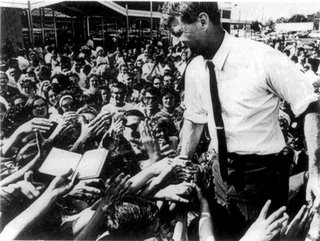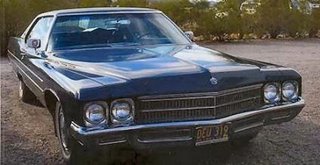Want to do something smart to enhance sales, donations or customer relationships? Create a "competitive experience."
A competitive experience is an event that is compelling enough to compete with the constant barrage of other events that swirls around us every day. Think about how events impact your life: you can lose your job or your car keys; you can have a war in Iraq or with your neighbor; you can face your significant other across a romantic dinner or a bill collector with a dunning notice. Consider the events that shape our times: 9/11, the Obama Inauguration, Katrina, the Super Bowl, Thanksgiving, our birthdays.
Nothing is as powerful as an event when it comes to getting somebody to
do something. Not the Internet, not television, not the press, not even Twitter.
Suddenly, though, it has become fashionable to shun events. Every politician from the President on down has spoken out against events. You will notice that they are doing so
after the election -- and countless campaign rallies and $1,000-a-plate dinners.
I'm not advocating lavish junkets, high-priced golf outings or big bucks black tie galas. Competitive experiences don't have to be expensive -- but they have to happen. For example, I recently heard of a financial services organization that canceled what had been a successful client event. I suppose they figured that their clients didn't want to hear from them anymore. That may prove a self-fulling assumption.
Even more interesting was a non-profit CEO who announced that he had decided against what had been a successful annual fundraising event. He sent out post cards asking for money instead -- and made just as much money on lower donations -- because he saved the price of the event. But he's also conditioned his donors to give less and next year, having lost this year's "momentum," he may find it harder to sustain the relationships he had nurtured with the event in the past.
By the way, the CEO made his point at an
event attended by hundreds of other non-profit officials. Ironically, motivated by this experience, some may have gone home...and cancelled their events ... without realizing the irony of doing so!
Labels: events, fundraising, ggcb, marketing







